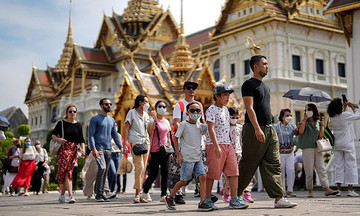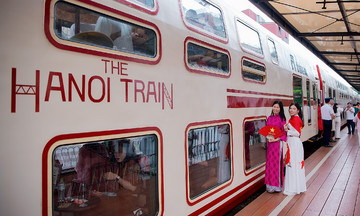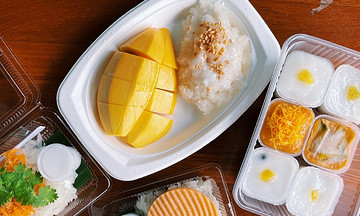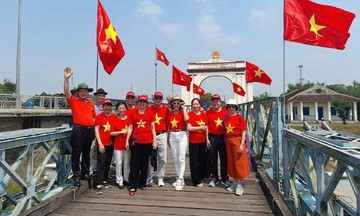In Japan, where omotenashi – the spirit of selfless hospitality – is a source of national pride, tipping was once considered offensive. However, with the surge in international tourism, the practice is taking root, leading to significant changes. Despite this, the Japan National Tourism Organization (JNTO) still states on its website that tipping for services at bars, cafes, restaurants, taxis, or hotels is uncommon.
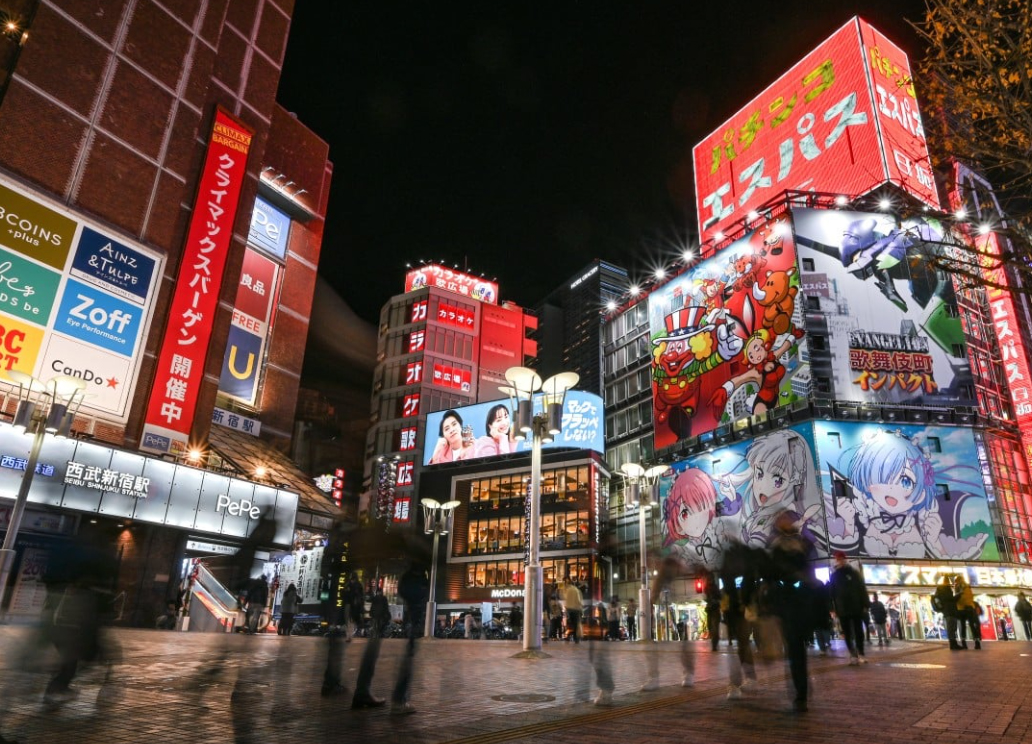 |
Tourists in Shinjuku, Tokyo's famed nightlife district. Photo: AFP |
Tourists in Shinjuku, Tokyo's famed nightlife district. Photo: AFP
According to JTB Tourism Research, Japan welcomed over 21.5 million international tourists in the first half of this year. This has forced many restaurants and hotels to adapt to the unfamiliar culture of tipping. The Gyukatsu Motomura restaurant chain initially struggled when tourists began leaving gratuities. "Foreign customers, especially from countries with a tipping culture, often leave tips," a company representative said.
The implications extend beyond simple etiquette. In Japan, tips are considered taxable income and must be declared. To address this, Gyukatsu Motomura installed tip boxes in almost all of its 24 branches last year. These funds are strictly managed, counted twice monthly, and then allocated to employee welfare. Each restaurant collects an average of 20,000-30,000 yen (135-200 USD) per month.
The restaurant management app Dinii now allows customers to add a tip of up to 25% to their bill. This system is currently used in over 900 establishments, primarily in tourist hotspots like Shinjuku (Tokyo) and Namba (Osaka). One waitress reported earning 70,000 yen in a single month through the app.
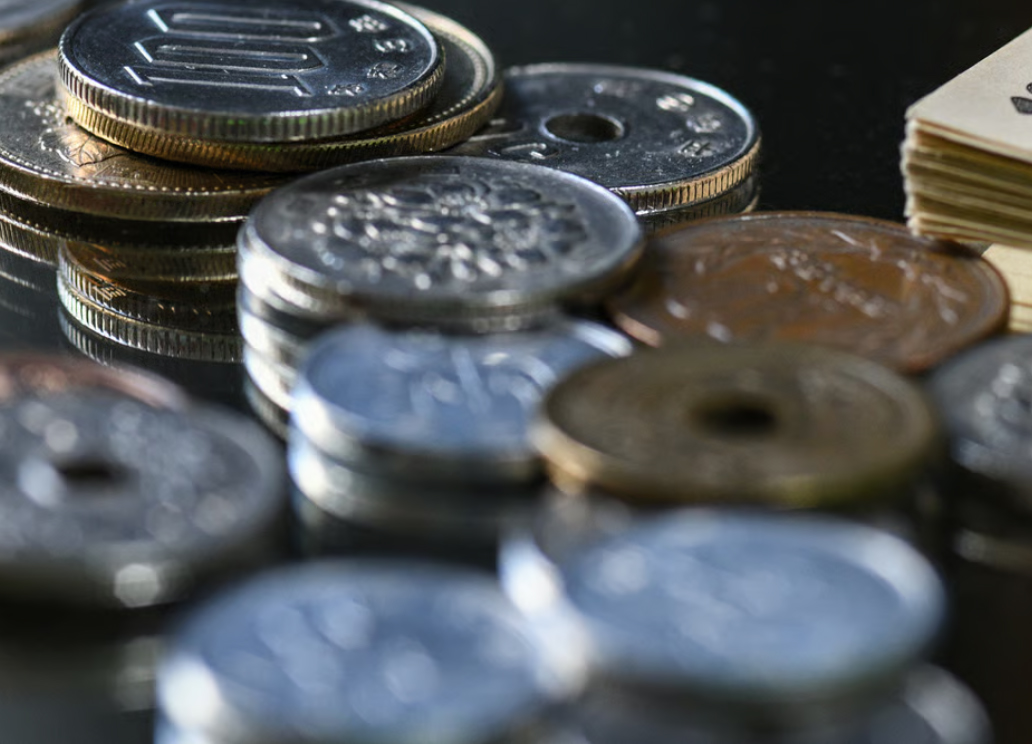 |
Many restaurants have added tip boxes for customers to use instead of handing money directly to staff. Photo: AFP |
Many restaurants have added tip boxes for customers to use instead of handing money directly to staff. Photo: AFP
Some restaurant owners say the extra income boosts staff morale and creates a positive atmosphere. However, public opinion in Japan remains divided. "We don't want a tipping culture in Japan," one diner complained. Concerns have been raised online about whether tips actually reach employees or are retained by the restaurants.
With rising living costs, Japanese households now spend nearly 30% of their income on food – the highest level in 43 years, according to The Japan Times. Many experts believe that tips could offer some relief to the service industry, which faces low wages and labor shortages. Last year, the average salary in the accommodation and food service sector was just 269,500 yen (1,700 USD), the lowest across all sectors, according to the Ministry of Health, Labor and Welfare.
"In the West, service is seen as something you pay for. In Japan, people are uncomfortable putting a monetary value on hospitality," said Professor Yoshiyuki Ishizaki, a tourism marketing specialist at Ritsumeikan University.
However, he cautioned that productivity would be difficult to improve if the notion of "free service" persists. "Ideally, businesses should incorporate service charges into their prices and ensure fair distribution of profits to employees," he added.
Anh Minh (SCMP)



